- ORIGINS
from sprouting ideas to creative traditions
The HONEST GOODS collection took the form of an experimental project of architecture and object design in dialogue with traditional objects with quotidian uses. It is a project through which craftsmen from the Câmpulung Muscel area and gifted young designers have the opportunity to create, through experiment, objects of traditional cultural inspiration adapted to contemporary needs. The project was born out of the desire to create a sustainable heritage brand. Villa Golescu and the cultural landscape around it were, at the beginning of the project, the best organized and most relevant material and immaterial resources for the targeted collection, and, therefore, the winners of the first experiment started around an architectural object of both local and national significance.
We articulated our method gradually, based on trials, experiments, teamwork, the intersection of fields, the exchange of experiences, exploring step by step, aiming for new territories, observing, letting ourselves be guided and always knowing where to stop. The process showed that the craftsman-designer relationship is built with patience and mutual understanding. It is hard on both sides: designers build their ideas from local techniques and language, and craftsmen adapt and even deepen their craft in the collaborative project with designers. But the journey, fraught with the prolonged kneading of minds in hands quivering with the joy of discovery, is as precious to us as reaching the destination.
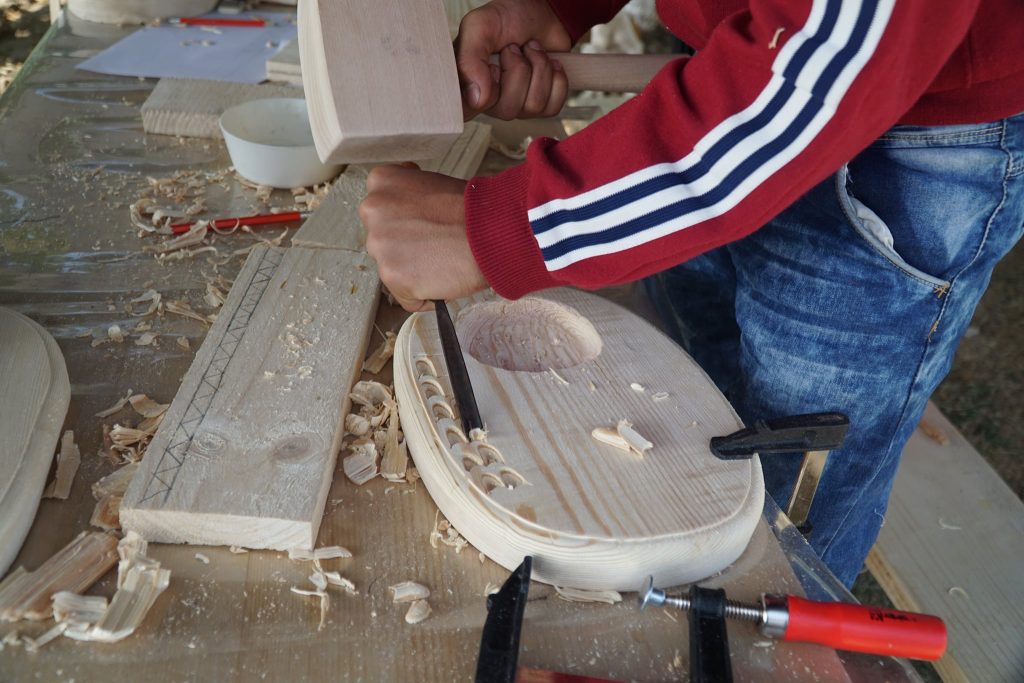
- HERITAGE
the legacy that nurtured the project
The collection of everyday objects, related to architectural heritage, is the result of a working process having as its point of departure Golescu Villa and the crafts of Muscel, starting from the notion of cultural landscape. It is the crucible from which heritage is distilled over time as a valuable cultural resource (best housing and culinary practices, community living, etc.) that can be used critically, through innovation, and intelligently, as an economic resource, by designers and craftsmen. In other words, a historic monument is reused, not through conservation and museification, but through inhabitation and integration into everyday life. The pieces in the collection bring together local crafts and materials under the umbrella of a design adapted to contemporary times, together with a story of their making. We worked in a warm, natural, and even familiar environment in workshops, gardens, courtyards or homes, gathered around a table or around stories, with tensions and tranquility alike, but always fulfilling what we had wanted.
- PEOPLE
meetings through which the project gained form
Each of the craftsmen chosen for the project was invited to become a partner in the construction of the objects. The initial sketches gained weight and meaning in a dialogue of ideas and attempts that tried on each occasion to bring together a story of place and an underlying need. Creativity and practical intuition led to particular nuances of matter under the guidance of each individual craftsman’s personality, whether it was playfully kneaded clay, weaving, stone chosen from the backyard and grown in an even rhythm of carving and polishing, wood passed through engineering and patient craftsman hands, fabrics grown with tranquillity and a sense of responsibility towards beauty.
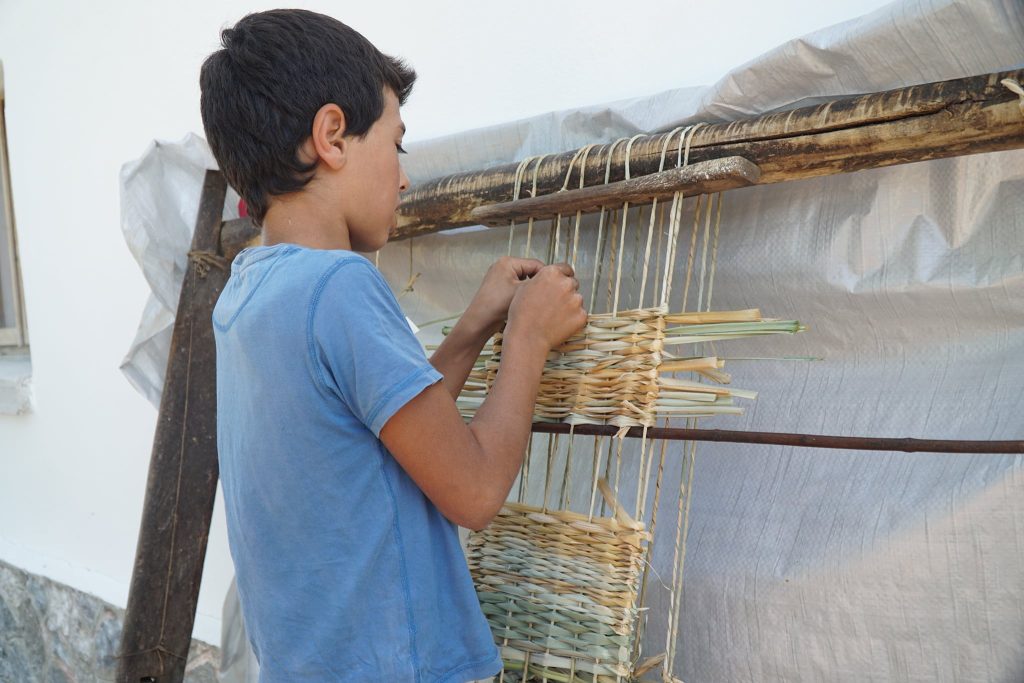
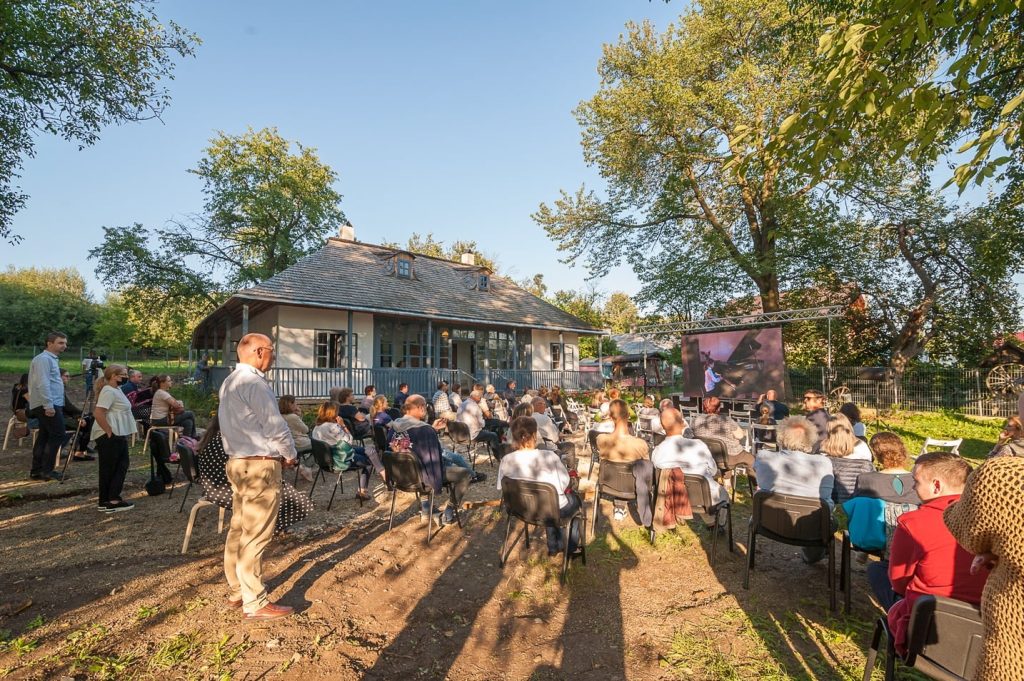
- PLACES
nests and paths that carry the project forward
The project was born around the Golescu Villa and began to grow more in the urban setting, responding to existing – but not yet very clearly asserted – needs of creative activation of traditions, of heritage valorisation, of discovery and exploration of cultural landscapes. Using this background, the collection tries to find a place in people’s everyday life, both in the urban and rural landscape, having so far followed an itinerant route of opening and presentation in exhibitions in Câmpulung [2016], Bucharest, at London Design Week [2016], at Romanian Design Week [May 2017] and at the exhibition in Madrid “Threads of Traditions” [June 2017].
- TOWARDS
Honest Goods is preparing to find its place in users’ homes and gardens, but also on the paths of new experimental series with other heritage features, proposing objects made in the exploratory spirit of Pro Patrimonio Foundation: useful and honest in relation to history and cultural landscape.
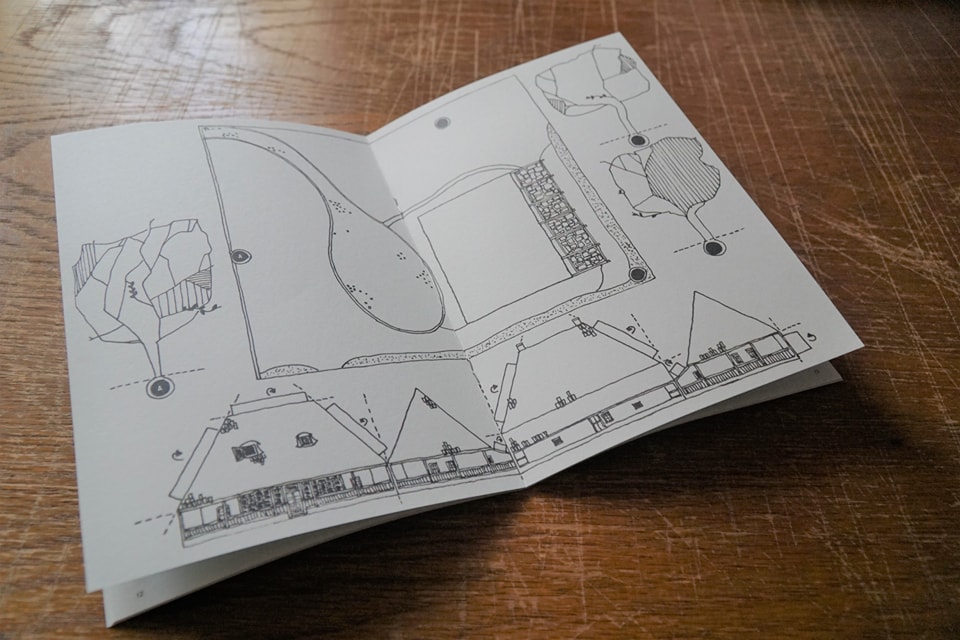
- NEWS
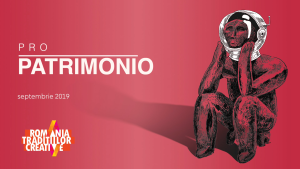
Video: Travling* – tradiții creative cu: Pro Patrimonio
Colecția de obiecte de design #HonestGoods, inspirată de Vila Golescu, este un proiect de anduranță, în care salvarea și reactivarea patrimoniului cultural merg mână în
